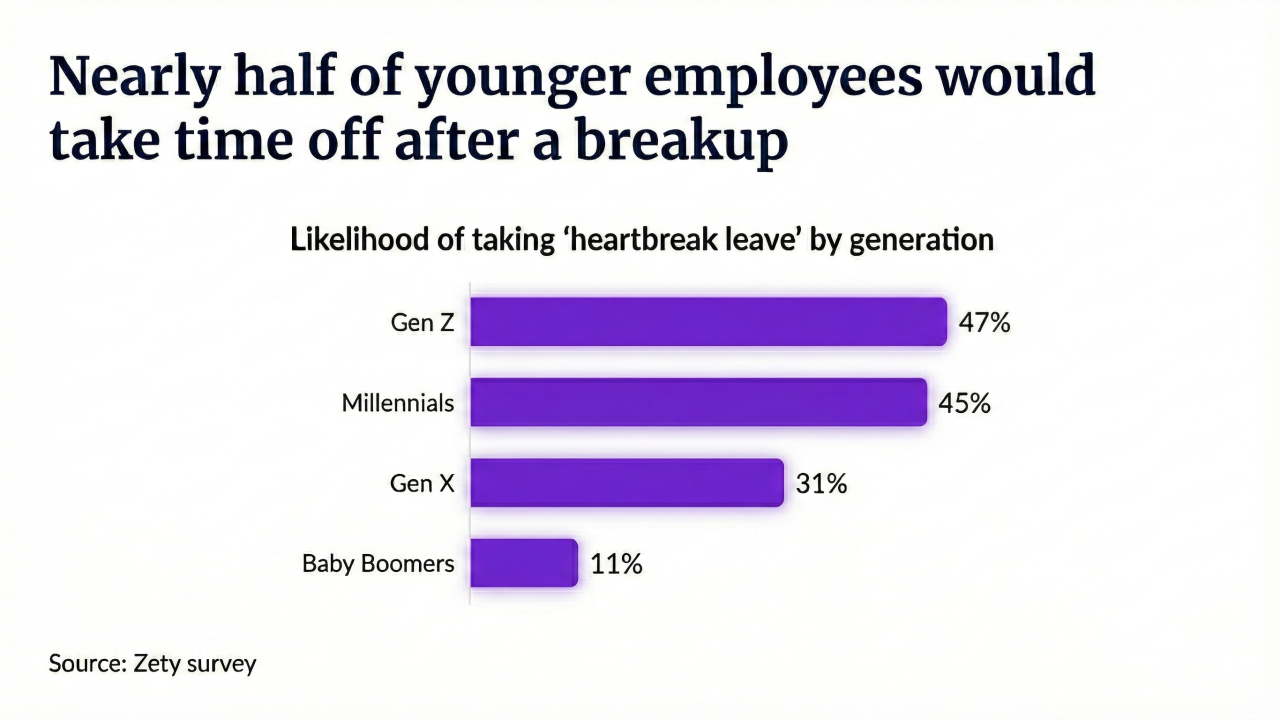(Bloomberg) – The rejection of a $100 million settlement with drivers comes with plenty of silver linings for Uber Technologies Inc. The gray cloud for the ride-hailing company is that a dozen or so lawsuits that would have been silenced may now roll back in.
A San Francisco federal judge concluded the deal was unfair in large part because it undervalued potential labor code violations under California’s unique bounty-hunter law, known as PAGA. The settlement sought to sweep under the rug lawsuits with potentially billions of dollars in claims under the law, which gives workers the right to step into the shoes of the state labor secretary to bring enforcement actions.
Thursday’s ruling breathes new life into one of those suits, a bid for class-action status to seek wage and overtime compensation, said Christopher Morosoff, a lawyer for driver Steven Price. He claims Uber owes drivers a minimum wage for hours spent idle but on the clock and time-and-a-half pay for work beyond 40 hours a week.

The decision "is a great outcome," Morosoff said. It means "Price is going to move forward" with his case featuring the “most comprehensive array of PAGA claims.”
The settlement would have let the world’s most valuable technology startup escape without significant changes to its business model while keeping 385,000 California and Massachusetts drivers classified as independent contractors.
Uber took an aggressive position, in effect daring U.S. District Judge Edward Chen to reject the agreement over tips and expenses reached in April. Since then, appeals court deliberations have made the company more confident in its ability to enforce arbitration clauses in its contracts and keep drivers from suing.
$1 Billion Possible
Chen noted in his ruling that a California agency concluded that penalties under PAGA, the Private Attorneys General Act, could amount to more than $1 billion, with the settlement providing only 0.1% of that claim’s “estimated full worth.”
PAGA claims are routinely settled for a small fraction of their theoretical value, said Shannon Liss-Riordan, the lawyer for the drivers.
“It is possible the parties could reach a revised agreement that satisfies the court’s concerns regarding the PAGA claims,” she said. “But if not, as I’ve said before, I will take the case to trial.”
Matt Kallman, a spokesman for Uber, said in an e-mail that the company was disappointed and was taking a look at its options.
For drivers, the key to winning anything is proving at a trial that the drivers are misclassified as contractors instead of employees, a hurdle that hasn’t been cleared in any of the cases in federal or California courts. Chen noted the risk drivers face at trial. "The fundamental question of whether Uber drivers are employees or independent contractors is not a simple one," he said in his order.
But cases including PAGA claims like the one filed by Price in Los Angeles state court won’t bound by a federal appeals court ruling on Uber’s arbitration clause, said Catherine Fisk, a law professor at the University of California at Irvine. The company may be hard-pressed to block Price case from proceeding as a class action, she said.
Costs Shifted
That lawsuit shows Uber drivers probably aren’t making a high hourly wage relative to the time they spend behind the wheel, Fisk said. “If you do the math, it makes sense to proceed as a class because the drivers are similarly situated and the legal issues are common to the class,” she said.
‘‘The reason this is a company with a potential $60 billion valuation is because Uber has a very low labor-cost model,” Fisk said. “They have shifted to their drivers the entire cost of running the business, except for maintaining the software for the application.”
Jim Evans, a lawyer who defends companies against employment lawsuits, predicted that Uber’s continued exposure to the PAGA claims in various lawsuits will push it back to the negotiating table. Even with the appeals court ruling in its favor, Uber needs to buy its peace because it won’t want to be stuck contesting determined plaintiffs’ lawyers representing drivers in thousands of arbitrations, he said.
"It’s not a clean win at this stage of the game for Uber to be able to say everyone is going to arbitration," Evans said. "They’re going to do some quick circling of the wagons, figure out how they can satisfy the state of California with the PAGA payment, and how much more money it wants to throw at this thing by way of settlement," he said. "They want to buy their peace."
The case is O’Connor v. Uber Technologies Inc., 13-cv-03826, U.S. District Court, Northern District of California (San Francisco).





